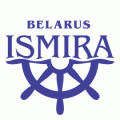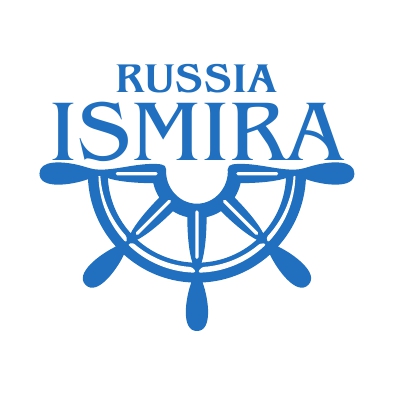Work and Living Conditions Onboard
LIVING CONDITIONS ON BOARD
Employee accommodations on board the ship depend on the status of his/her particular job and on the ship to which he/she is assigned. Two to four people usually share crew cabins. Food is free of charge, but employees have to pay for drinks they purchase in the crew bar.
Even though most of the service personnel are not allowed to the passenger areas (except their working area), there are gyms, sunbathing areas, dining rooms, bars, computer rooms, and other recreation facilities for crew on board. The cruise company also provides its employees with the uniform.
The employees have either to purchase the uniform (fully of partly) after they get the first salary or to leave a deposit for it, which is returned at the end of the contract. The employees can do their laundry on board, and uniform washing is free of charge.
SHIPBOARD REGULATIONS
To organize the work on the ship the employees must obey living on board regulations, which are set by each cruise company. These regulations consist of: work and safety regulations, ethics and hospitality standards, rules of conduct, cabin rules, hygiene, uniform and appearance requirements, etc.
The employees get verbal or written warnings if they do not obey these regulations, and are terminated from the ship for repeated rule violation.
CAREER OPPORTUNITIES
Many crewmembers, who successfully complete one or more contracts and receive favorable work performance evaluation, are often promoted to a higher position or transferred to another department. For example, a cleaner working in the hotel department can be promoted to an assistant cabin steward position, and a crew mess employee can be promoted to the dining room or room service.
Every company gives opportunity for its employees to make a career, but the procedure and requirements for getting promotion differ from ship to ship. Nobody gets promotion at once; the employee has to deserve it.
SAFETY ON BOARD
The employees of the cruise ships have to attend safety meeting and lifeboat/fire drills, where they learn to rescue passengers in case of emergency.
The cruise companies employ multinational crew that vary in their beliefs, skin color, and traditions. When working onboard people from different countries and of different genders have equal opportunities. Any discrimination, harassment, or persecution is strictly forbidden.








